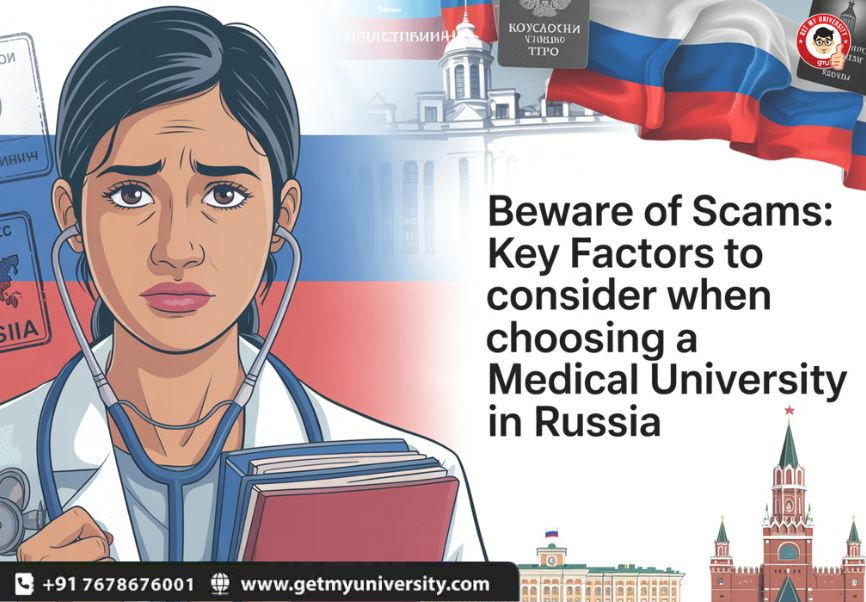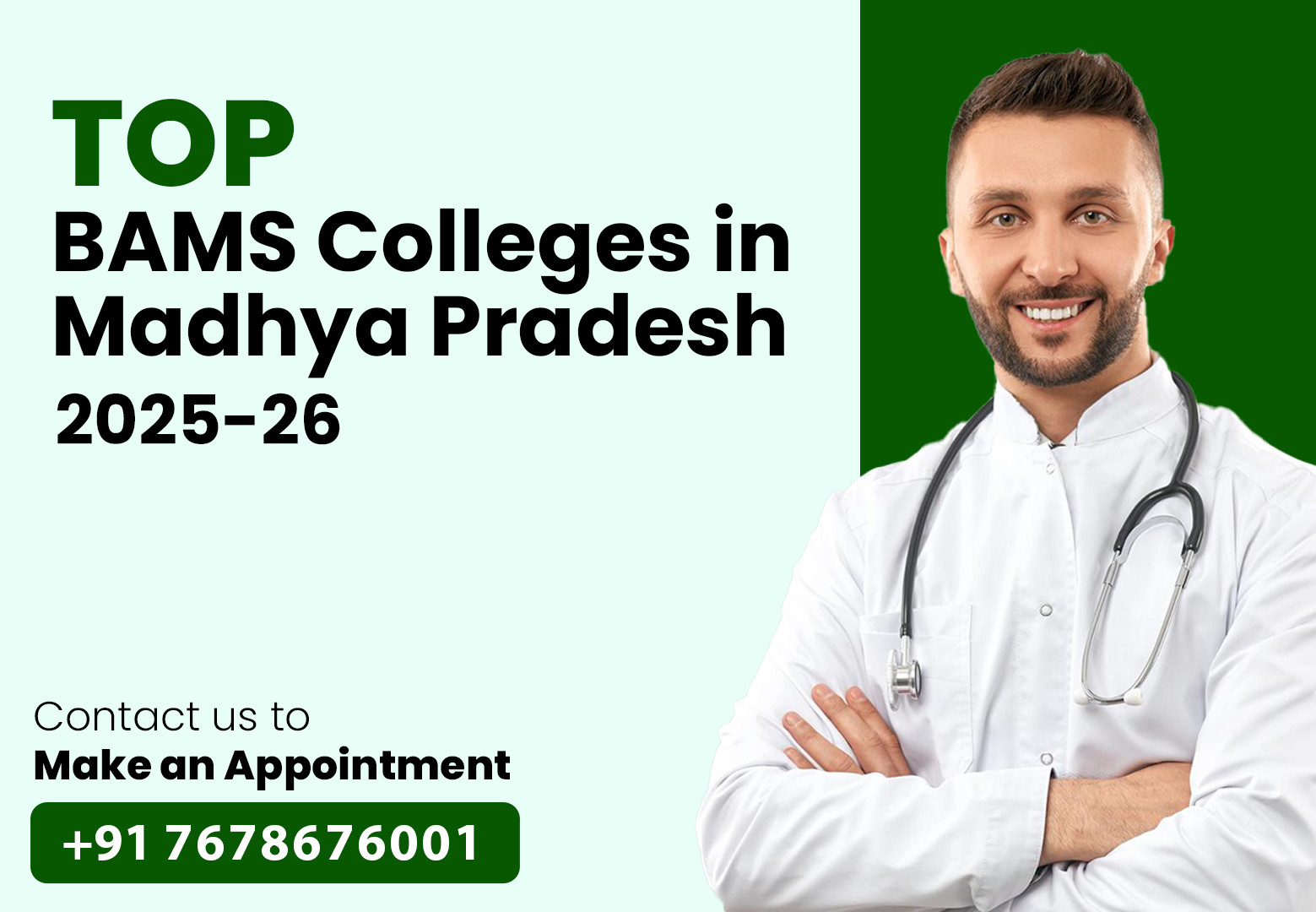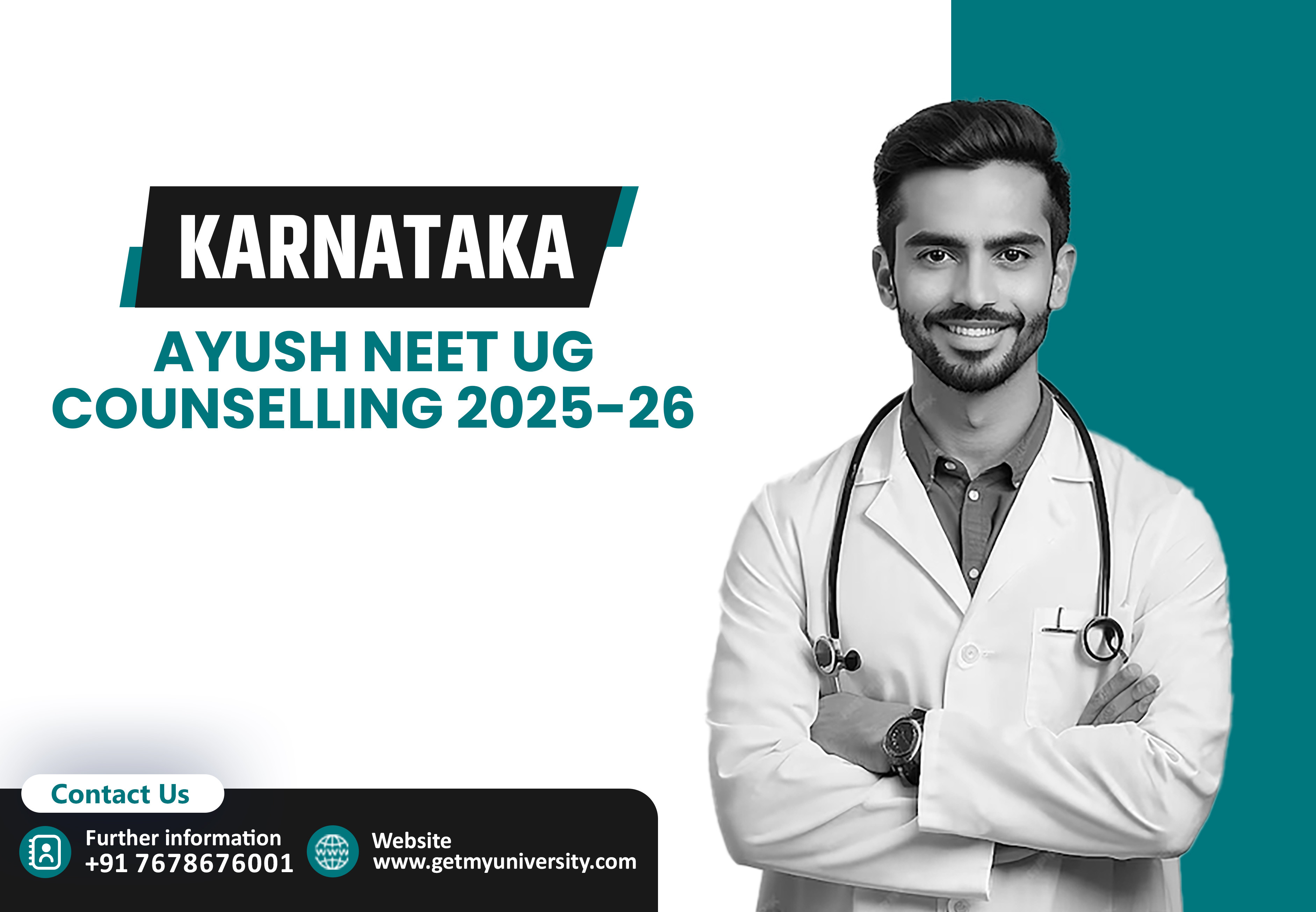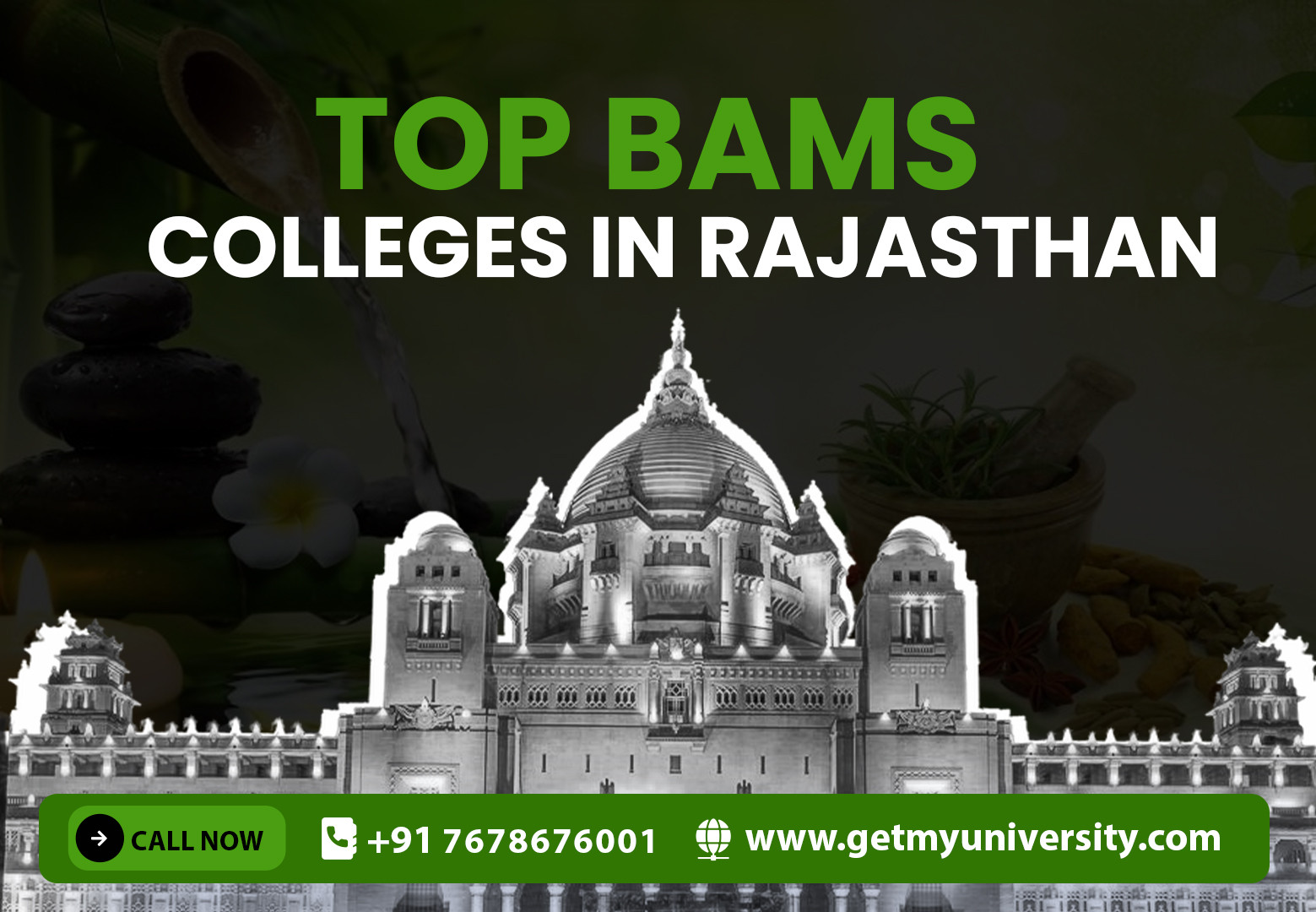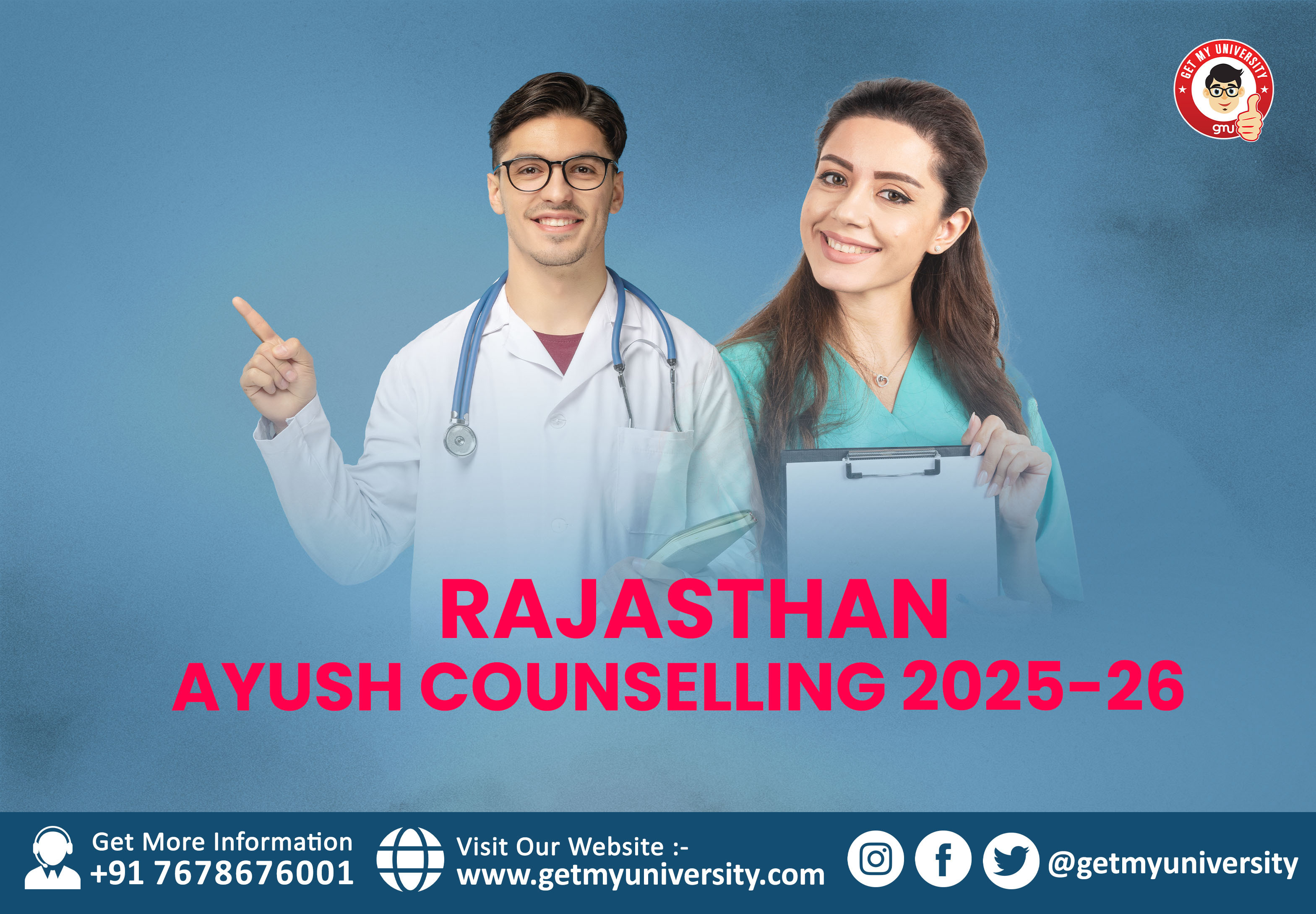Introduction
Guide to BDS — a curated companion for every BDS (Bachelor of Dental Surgery) student striving to excel in their academic journey and beyond. Whether you're a first-year fresher grappling with anatomy or a final-year student preparing for clinical assessments, this guide is designed to simplify the complex, decode the strategic, and illuminate the path toward success in dentistry.
Dentistry is not just a profession; it's a calling that blends art, science, and service. With the rigorous BDS curriculum often described as overwhelming, students frequently struggle to balance theoretical knowledge with practical application. This guide aims to demystify that process, offering bite-sized, actionable strategies, subject-wise breakdowns, and motivational insights to keep you focused and inspired.
Drawing from real-world experience, expert advice, and proven study techniques, Cracking the Smile Code breaks down each year’s essentials—from key subjects and recommended books to high-yield topics and time management hacks. Beyond academics, it also touches upon stress management, exam-day readiness, and how to build a fulfilling professional identity right from dental school.
Whether you're aiming for top ranks, striving to clear your backlog, or simply want a structured approach to survive and thrive in BDS, this guide is your go-to manual. Let’s crack the code together and carve out not just a degree, but a meaningful and impactful dental career.
What is BDS?
BDS, or Bachelor of Dental Surgery, is a professional undergraduate degree in dentistry. It is the only recognized dental course in India that qualifies students to practice as licensed dental surgeons. Spanning five years—including four years of academic study and one year of mandatory internship—BDS covers subjects like oral anatomy, pathology, prosthodontics, and oral surgery.
The program combines theoretical knowledge with extensive clinical training to equip students with the skills needed to diagnose, treat, and prevent oral diseases. Upon completion, graduates can pursue private practice, further specialization (MDS), research, or roles in public health and academia.
Course Duration & Structure
Total Duration: 5 years
- 4 years of academic education
- 1 year of compulsory rotatory internship
Year-wise Breakdown:
- Year 1: General Human Anatomy, Human Physiology, Biochemistry, Dental Anatomy
- Year 2: Pharmacology, Pathology, Microbiology, Dental Materials
- Year 3: General Medicine, General Surgery, Oral Pathology
- Year 4: Conservative Dentistry, Oral Surgery, Orthodontics, Prosthodontics, Periodontics
- Internship: Hands-on experience in various dental specialties in hospital settings
Eligibility Criteria
To apply for BDS in India, candidates must fulfill the following:
- Academic Qualification:
- Passed 10+2 (or equivalent) with Physics, Chemistry, Biology, and English
- Minimum aggregate of 50% in PCB (for general category)
- 40% for SC/ST/OBC candidates
- Age Requirement:
Minimum age: 17 years by 31st December of the admission year
- NEET-UG:
- Mandatory to qualify NEET (National Eligibility cum Entrance Test)
- Admissions are based on NEET ranks
Admission Process
Step-by-Step Guide:
BDS admission 2025 procedures can vary among different institutions and may change over time.
However, a general overview of the BDS admission 2025 procedure in India is given as follows to help candidates in the hassle-free admission process.
- Eligibility Criteria:
- Qualifying Examination: Class 12 with PCB (Physics, Chemistry, Biology)
- Minimum Percentage: Candidates must have scored at least 50 per cent marks in Class 12
- Entrance Exams:
- National-Level Exam: NEET UG
- State-Level Exam: KEAM
- Prepare and Appear for Entrance Exams:
- Preparing for the National Eligibility cum Entrance Test (NEET) requires a strategic and disciplined approach.
- NEET is a highly competitive exam for admission to undergraduate medical and dental courses in India.
- Await Results:
- After appearing for the entrance exams, candidates wait for the results.
- BDS admission is typically based on merit, which is determined by the candidate's performance in the entrance exam.
- Participate in Counseling/Admission Process:
- Successful candidates are called for counselling rounds. During counselling, candidates can choose their preferred dental colleges based on their ranks in the entrance exam.
- Seat allotment is done during the counselling process, and candidates need to submit their documents for verification.
- Secure Admission:
Once the counselling process is complete, candidates who are allotted seats need to confirm their admission by paying the prescribed fees within the stipulated time.
Note: This information is sourced from the official website and may vary.
Top Dental Colleges in India
| College | Location | Type |
| Maulana Azad Institute of Dental Sciences | Delhi | Government |
| Government Dental College | Mumbai | Government |
| Manipal College of Dental Sciences | Manipal | Private |
| Christian Dental College | Ludhiana | Private |
| Saveetha Dental College | Chennai | Private |
Course Fees
- Government Colleges: ?10,000 – ?1,00,000 per annum
- Private Colleges: ?2,00,000 – ?10,00,000 per annum
- Additional costs: Hostel, equipment, books, materials
Career Opportunities After BDS
- Clinical Practice
- Open your own clinic
- Join hospitals or dental chains
- Postgraduate Studies
MDS (Master of Dental Surgery) in various specialties:
- Oral Surgery
- Periodontology
- Orthodontics
- Prosthodontics
- Government Jobs
- Dental Officer in the Army, Navy, Railways
- Civil Hospitals
- Public Health Dentistry
- Academia
- Lecturer in dental colleges
- Research roles in public and private institutions
- Other Career Avenues
- Medical writing
- Dental equipment sales
- Cosmetic dentistry
- Overseas practice (after clearing local licensure exams)
Future Scope
The demand for oral healthcare is steadily increasing due to: - Rising awareness about dental hygiene - Increasing cosmetic dental procedures - Government oral health initiatives - Scope for tele-dentistry and AI-based diagnostics
Challenges in Dentistry
- Initial investment in setting up a clinic can be high
- High competition in urban areas
- Requirement of continuous learning and skill upgrades
Tips for Aspiring Dentists
- Focus on developing manual dexterity
- Practice patience and communication skills
- Keep updated with dental innovations
- Consider internships and shadowing dentists during holidays
Conclusion
Pursuing a BDS degree in India in 2025 can lead to a fulfilling and impactful career. From restoring smiles to improving lives, dentistry offers a blend of science, skill, and service. With the right preparation, guidance, and passion, cracking the smile code and becoming a successful dentist is well within your reach.



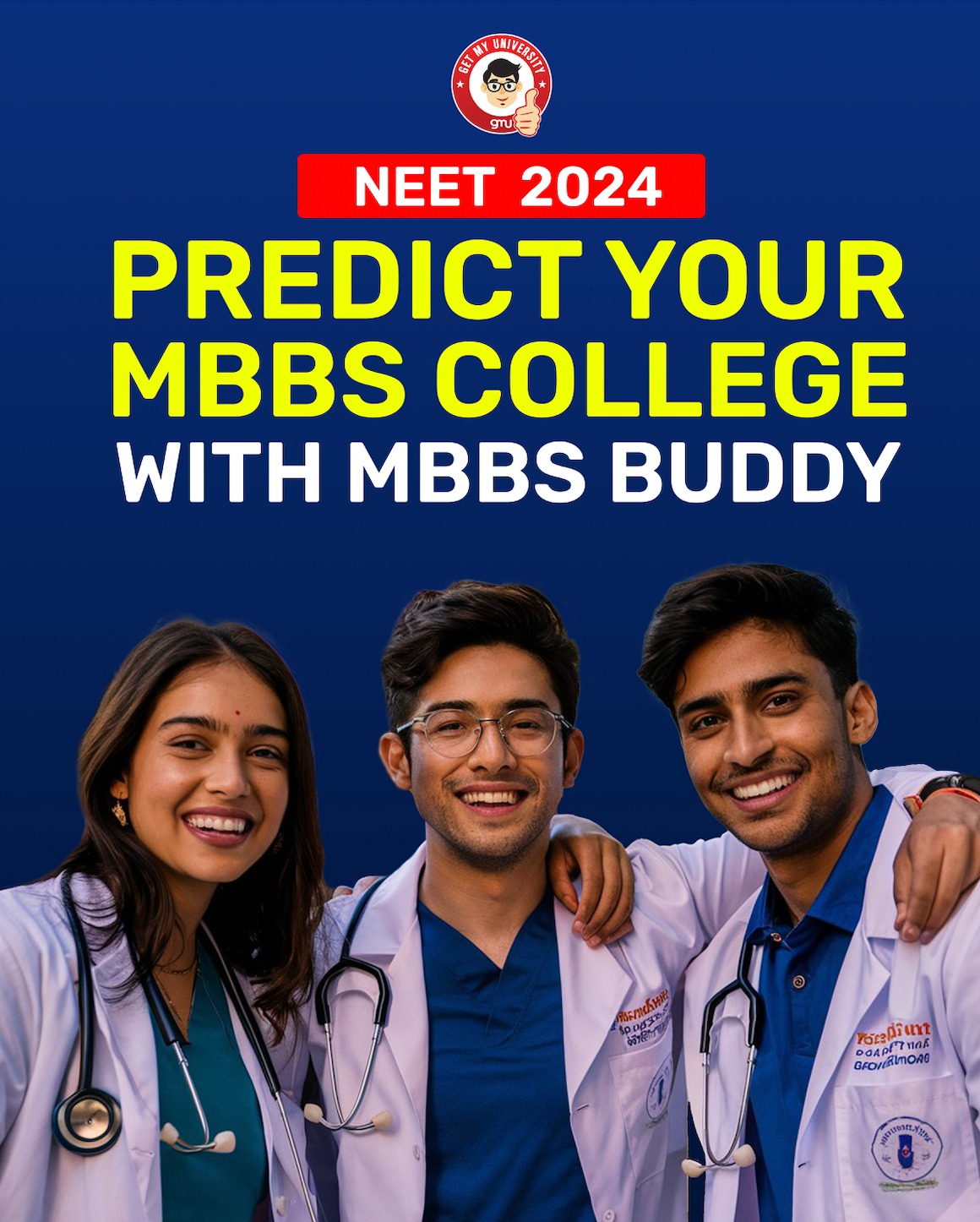



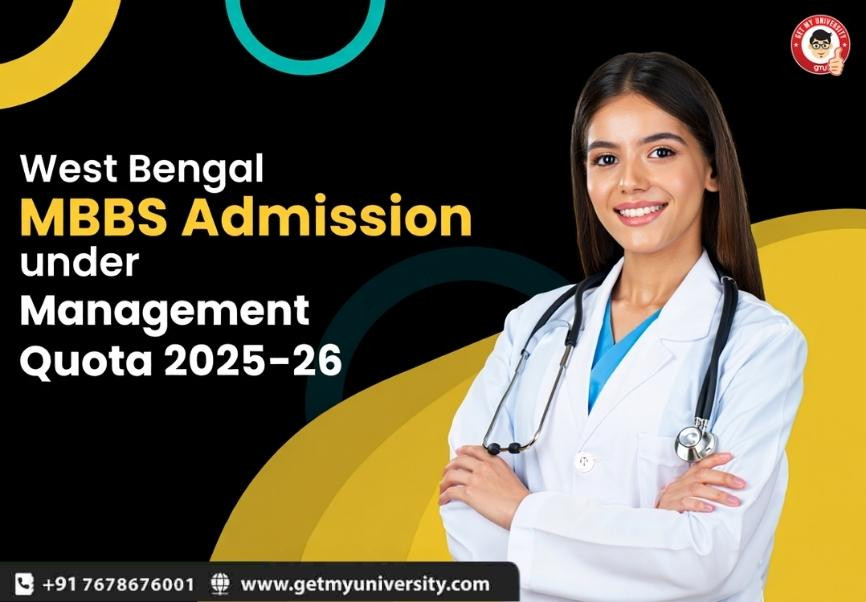
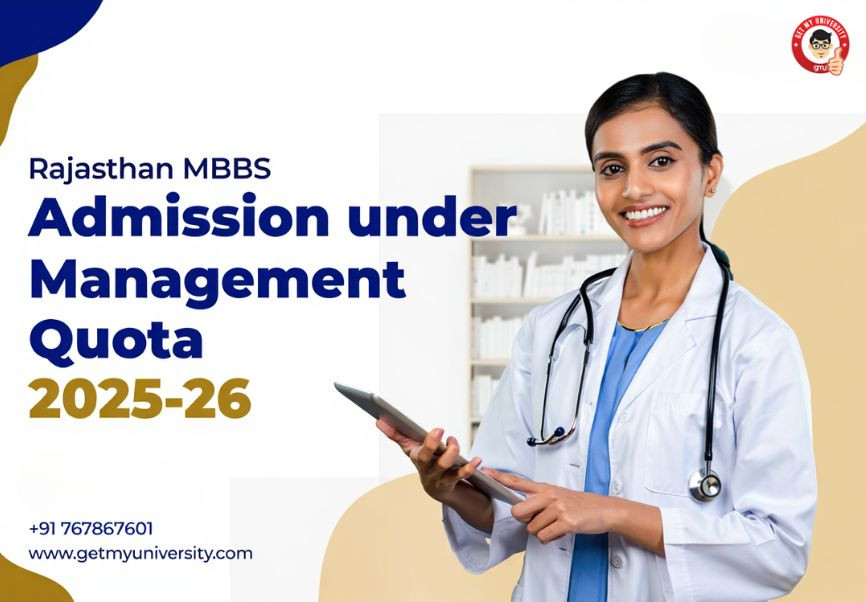
.jpg-54830.jpg)

